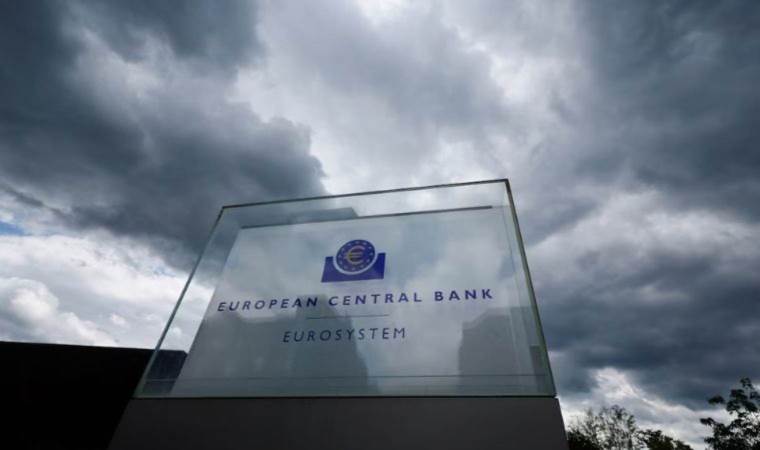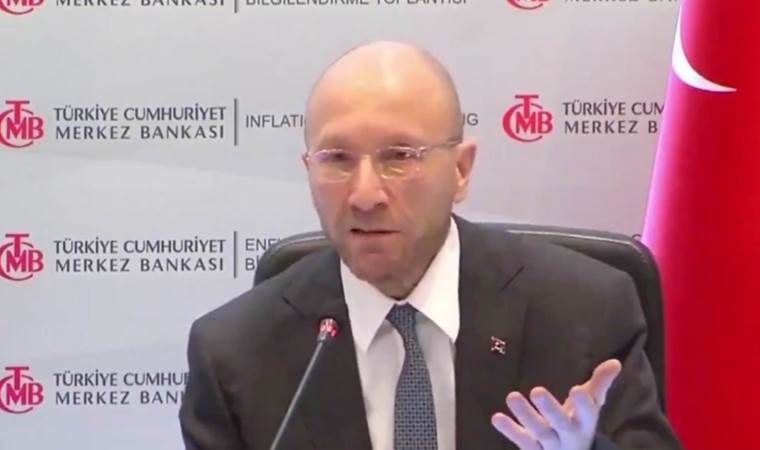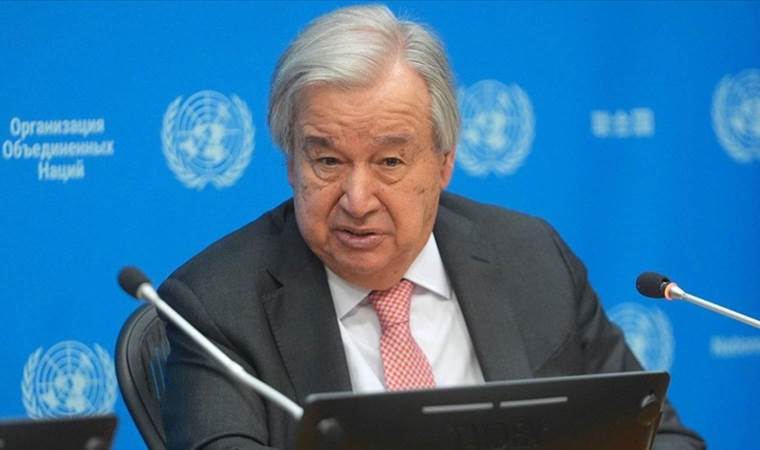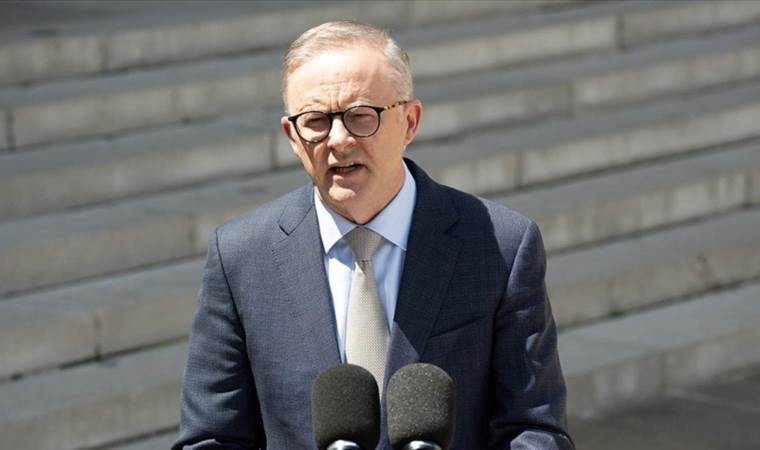US inflation slows but not enough for Fed
Inflation in the US is slowing but not enough for the Federal Reserve to begin lowering interest rates next week, according to a report released Friday.
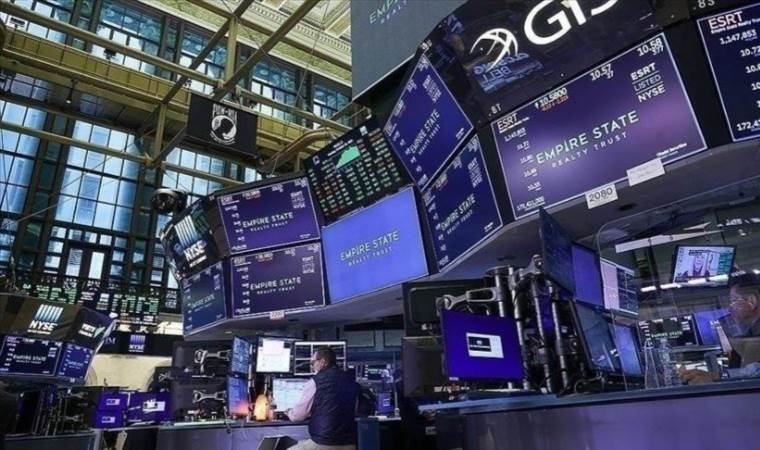
"The Personal Consumption Expenditure (PCE) price index continued to slow in June 2024, drawing the Fed closer to confidence that inflation is on track towards the 2-percent target," Dana Peterson, chief economist at The Conference Board, wrote in a brief.
"Importantly, shelter costs, a major contributor to year-over-year inflation continue to slow. However, core services prices remain sticky and are slowing progress," she added.
The Fed's preferred annual inflation indicator, core PCE price index, remained unchanged at 2.6% in June, according to Commerce Department figures released Friday. The core PCE price index increased 0.2% in June, gaining pace from a 0.1% month-on-month increase in May.
The PCE price index, which includes food and energy prices, rose 2.5% annually in June, slightly slowing from a 2.6% annual gain in May. The index, on a monthly basis, increased 0.1% in June, after remaining unchanged in May.
"Real consumer spending weakened in the month providing slower momentum heading into the third quarter. Additionally, consumers are focusing services spending more on necessities than desires," said Peterson.
Americans' personal income growth and personal spending slowed in June from the previous month. The latter increased 0.3% in June, slowing a 0.4% monthly gain in May.
Peterson said the Fed "should be pleased with much of the details of" the report, but not enough to cut rates next week.
"Consumer spending slowed at the end of Q2, suggesting possible cooling in domestic demand in the third quarter, which should help moderate inflation," she added.
The economist said the Fed must carefully calibrate the timing and extent of rate cuts.
"Waiting too long could unduly stress consumers, but going too quickly could cause a resurgence of inflation, also harming consumers."
Most Read News
-
 Thailand imposes martial law in border districts as clas
Thailand imposes martial law in border districts as clas
-
 2 killed, 8 critically injured in shooting at Brown Univ
2 killed, 8 critically injured in shooting at Brown Univ
-
 Zelenskyy says bilateral security guarantees a ‘compromi
Zelenskyy says bilateral security guarantees a ‘compromi
-
 Delhi’s air quality worsens to new severe level, Indian
Delhi’s air quality worsens to new severe level, Indian
-
 Attacks on Bangladeshi peacekeepers in southern Sudan ma
Attacks on Bangladeshi peacekeepers in southern Sudan ma
-
 2 Palestinians killed by Israeli army in occupied West B
2 Palestinians killed by Israeli army in occupied West B
-
 Trump vows to respond to alleged ISIS attack on US force
Trump vows to respond to alleged ISIS attack on US force
-
 ‘No place for violence in Australia,’ says Premier Alban
‘No place for violence in Australia,’ says Premier Alban

